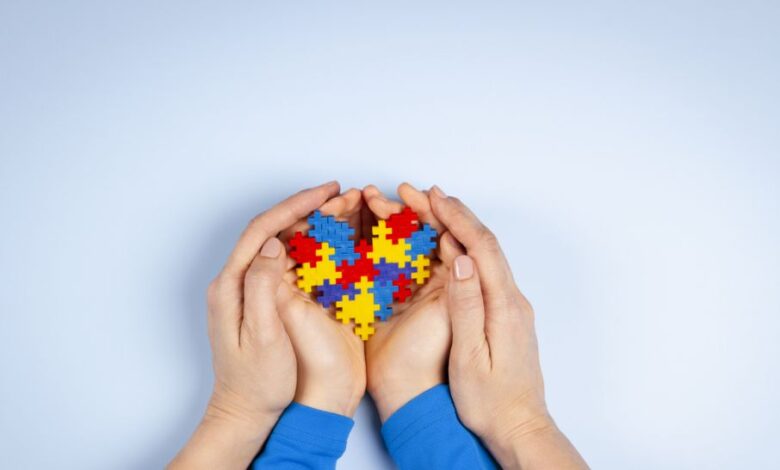What to Expect After an Autism Diagnosis

Autism is a disorder of social development typically diagnosed in childhood. Children with autism face challenges in social-emotional reciprocity, nonverbal communication behaviors, and establishing and maintaining relationships.
Children with autism often exhibit restricted, repetitive patterns of behavior, interests, or activities. This can give the impression of performing stereotypical or repetitive motor movements. Characteristic are the consistency, ritualized behavioral patterns, and the limited interests in which the child invests a significant amount of time and energy. They may react excessively or inadequately to specific sensory stimuli.
The first thing to do after an autism diagnosis is to establish support and specialized assistance for the child and their family. For younger children, consistent work with a team of specialists is essential to create an individual plan based on their needs. In later stages, assessing the condition is crucial to determine the requirements in an educational environment.
Support for children with autism may involve physical, occupational, speech, and applied behavior analysis therapy. Physical therapy can assist with movement-related issues, including fine and gross motor skills. Professional therapy can help address sensory sensitivity and fine motor challenges, particularly those affecting daily life. Speech therapy, on the other hand, is beneficial for communication and social skills in adolescents.
Many children with autism significantly improve their capabilities when introduced to routines and structuring their daily lives. Having regular times for meals, school, waking up, bedtime, and socialization proves highly beneficial. It is recommended not to disrupt this routine frequently.
Specialists recommend using written schedules or calendars, providing information about individual daily events. If there will be a routine change, such as a day off or vacation, the child should be prepared for it. It’s essential to alert them, for instance, by marking changes on the calendar.
Consistency is crucial in communication methods with the child, as well as in dealing with challenging behavior. The more the child practices their skills, the more they learn, develop, and retain those skills.
It is advisable for the child to have their space at home. This can be part of the apartment or a specific area in their room. The child can use this space to calm down or stay alone when needed.
Support for parents of children with autism is also crucial. It is recommended for them to consult a psychologist if needed, with whom they can share their thoughts and feelings. This way, they can maintain their emotional balance and reduce stress levels in their daily lives.